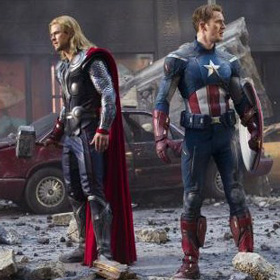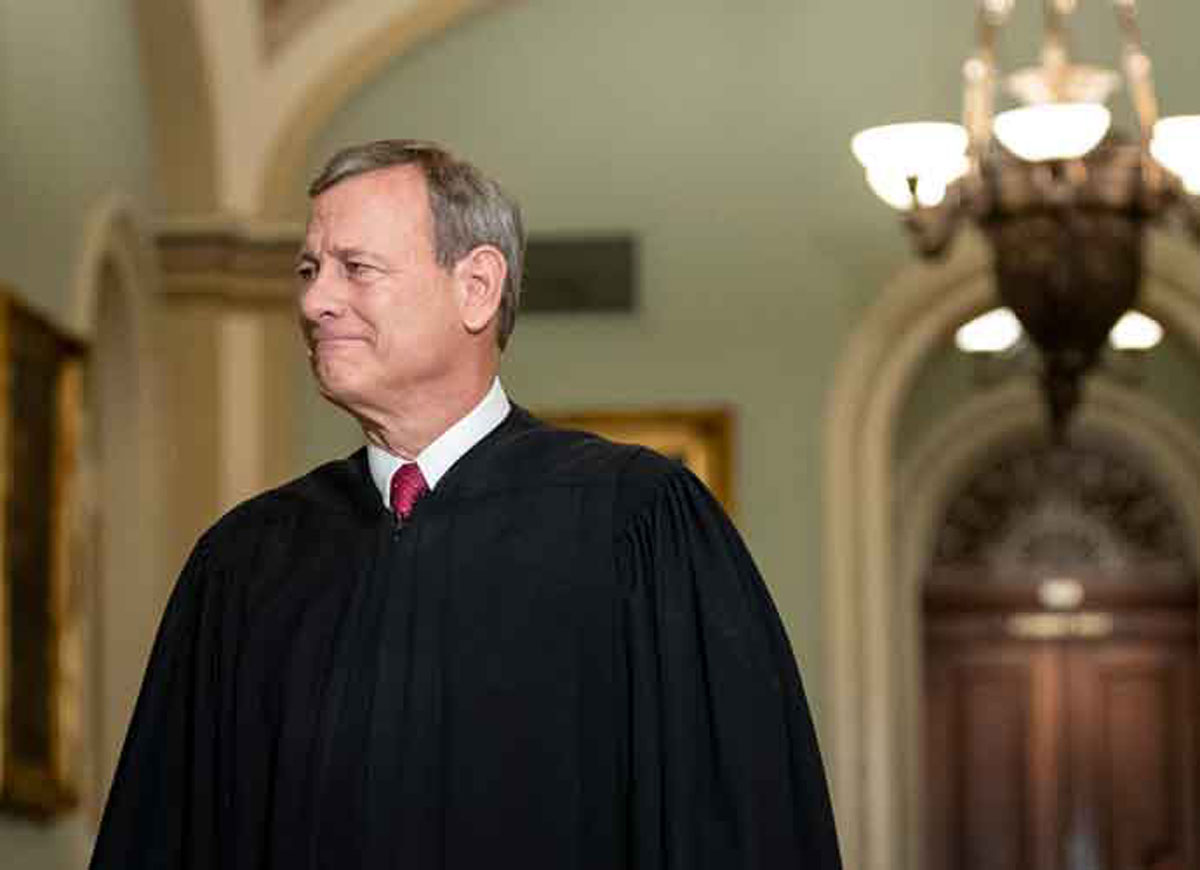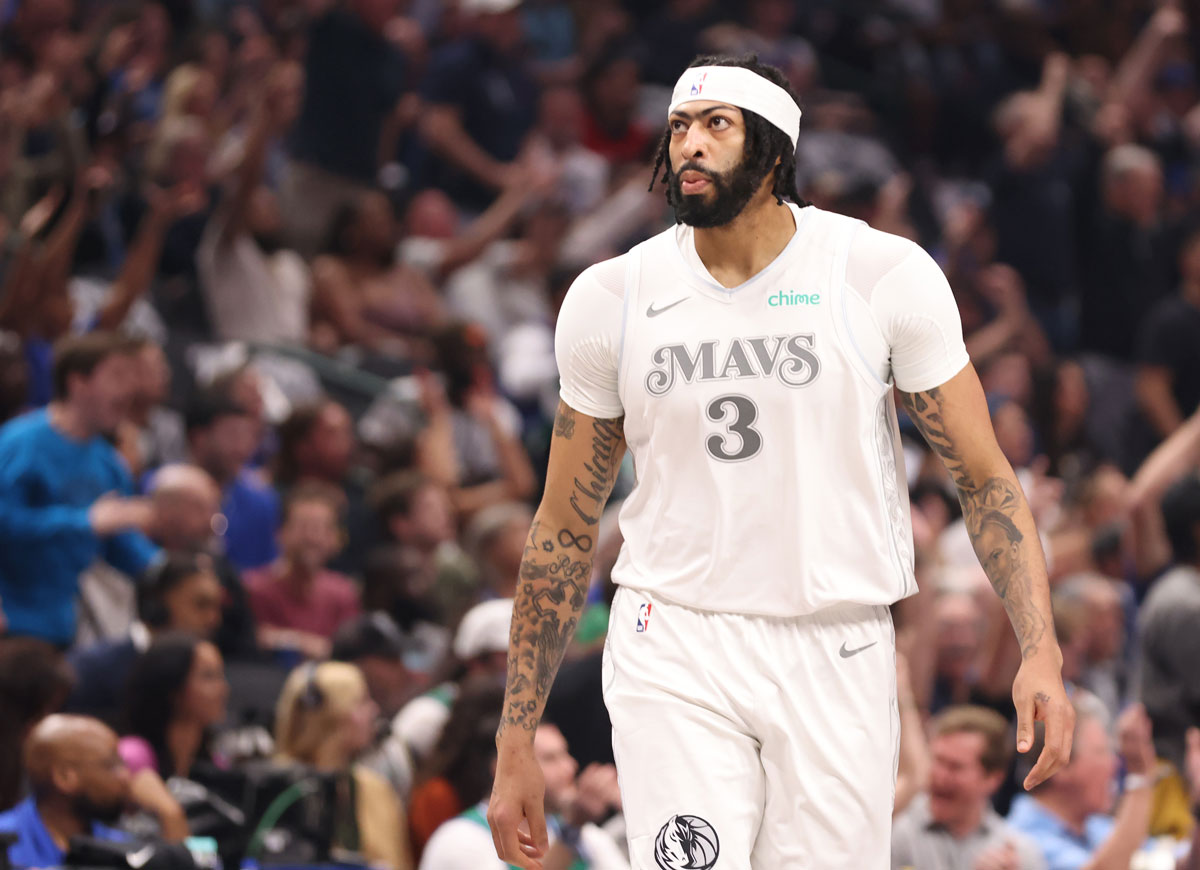The Avengers

4.5/5
There are no guarantees in life, and even fewer in moviemaking. After the colossal disaster that was John Carter saw Disney wipe $200 million off their balance sheet while simultaneously shooing studio chairman Rich Ross out the door, you can bet there were more than a few sweaty palms over at Marvel Studios. Make no mistake The Avengers was a massive gamble for the indie production outfit, which, while consistently profitable, is small enough to at any given time essentially be one big flop away from the abyss.
While an illustrious and storied franchise on paper (no pun intended), which is in itself no guarantee of success (see again John Carter), The Avengers traveled a long and bumpy road to get to our screens, with more than a few warning signs as the storyworld was assembled (ok, we meant that one). Iron Man and Thor might be riotously good fun, but Iron Man 2 was a mess, The Incredible Hulk was high-jacked into an Ed Norton vanity project, and Captain America: The First Avenger was about as vanilla as they come.
Yet The Avengers had its very own superhero in the shape of Joss Whedon, who himself received a lukewarm reaction when he was announced. “What’s he ever done besides cancelled TV shows no one watches and failing to get Wonder Woman off the ground?” the fanboy legions cried, or words to that effect. Well, as luck would have it, what Whedon does have going for him is a consistent track record of penning top quality ensemble sci-fi/fantasy with densely layered characters inhabiting richly textured worlds. Sound about right for the job?
What so often undermines high-concept ensemble projects – The Expendables, for example – is that you have so many competing agendas that the whole affair ends up being written by agents in committee. “My guy needs an action sequence here,” “Yeah, well, my guy needs a big speech there” etc. Yet time and again Whedon has successfully orchestrated sagas where a group of conflicted, disparate misfits reluctantly come together to risk life and limb in aid of a common cause (Toy Story, Alien Resurrection, Buffy, Angel, Dollhouse, Firefly).
The big risk with this project was always going to be balancing all the components; be it the high-tech tech of Tony Stark with the otherworldly magic of the demi-gods, or the shifting responsibilities for the fate of the world between the varying skillsets (Hulk has way more in terms of powers than Captain America, for example, while master assassins Black Widow and Hawkeye technically don’t have any powers at all). Yet the script is a textbook, how-to example of tight focus, lean and tidy exposition, and powerful, cumulative forward momentum.
While there is a certain amount of sitting around pondering the various imponderables after Thor’s vengeful brother Loki (Tom Hiddleson) steals the Cosmic Cube in a blistering opening sequence that leaves S.H.I.E.L.D crippled and the world facing a full-on alien invasion, there is never any sense of time wasted, and every last fringe element feels like it is given genuine weight and purpose. Having Gwyneth Paltrow do an extended cameo as Pepper Potts makes sense, having Captain America persist with that ridiculous costume makes sense, and giving S.H.I.E.L.D their own agenda, so that Jackson has something to do besides dole out chunks of exposition, makes sense.
When the team finally comes together aboard a colossal flying machine – before they are inevitably torn apart as any three act structure duly demands – there is palpable tension and excitement, and the chemistry between the cast fizzes, with stinging barbs (“mewling quim” is an instant meme in itself) traded back and forth as egos collide head-on. Full credit must go to the cast, with everyone suitably gracious enough to allow all to shine equally. Robert Downey, Jr. gets the most showy role as the acerbic Tony Stark, but kudos to Chris Hemsworth for dialing Thor down in the name of balance, and Chris Evans for doing a lot of unselfish emoting as the more recognizably human Steve Rogers, who is far and away the least interesting character.
Scarlett Johansson and Jeremy Renner are not mere bystanders, however, the latter playing a much more pivotal role throughout proceedings that many initially thought he might, and come the climactic final showdown they contribute in a way that is both vital and appropriate to their abilities. But the real revelation here is Mark Ruffalo, pitch perfect as the perennially twitchy Bruce Banner, who, when he transforms into “the other guy” (as he puts it), gets all the movie’s best moment. It is no big surprise that launching his franchise has now emerged as a top priority. In keeping with Marvel Studios' tradition, stay until the very end of the credits for a clue as to who our disparate heroes will be battling in the sequel, which, honestly, can’t come soon enough.
RELATED ARTICLES
Get the most-revealing celebrity conversations with the uInterview podcast!





Leave a comment